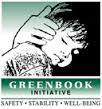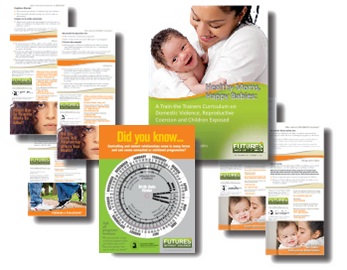 Shelters can develop multi-disciplinary teams with other services (including the criminal justice system, child protective services, and mental health services) in order to become more helpful and reduce inefficient inter-agency bureaucracy. These partnerships can be powerful in referring survivors to other services, sharing research easily, and taking on projects that may be too large for single organizations to complete. This section includes guidance for developing successful partnerships related to economic justice, sexual assault, child protection, health care, mental health, substance abuse, disability rights, elder abuse, responsible fatherhood, and other intersecting issues.
Shelters can develop multi-disciplinary teams with other services (including the criminal justice system, child protective services, and mental health services) in order to become more helpful and reduce inefficient inter-agency bureaucracy. These partnerships can be powerful in referring survivors to other services, sharing research easily, and taking on projects that may be too large for single organizations to complete. This section includes guidance for developing successful partnerships related to economic justice, sexual assault, child protection, health care, mental health, substance abuse, disability rights, elder abuse, responsible fatherhood, and other intersecting issues.
 The Greenbook Initiative was a federally funded project that promoted an integrated approach for child welfare workers, domestic violence advocates, and family court judges to better help battered women and their children achieve safety.
The Greenbook Initiative was a federally funded project that promoted an integrated approach for child welfare workers, domestic violence advocates, and family court judges to better help battered women and their children achieve safety.
 The Assests for Independence Resource Center's online toolkit, Helping Domestic Violence Survivors Build Assets, highlights ways that domestic violence service providers and AFI project staff can collaborate to bring Individual Development Accounts (IDAs) and asset building strategies to domestic violence survivors.
The Assests for Independence Resource Center's online toolkit, Helping Domestic Violence Survivors Build Assets, highlights ways that domestic violence service providers and AFI project staff can collaborate to bring Individual Development Accounts (IDAs) and asset building strategies to domestic violence survivors.
 The National Health Resource Center on Domestic Violence is the nation’s clearinghouse for information on the health care response to domestic violence and provides free technical assistance and materials related to screening, collaboration, home visitation, reproductive health, and other topics.
The National Health Resource Center on Domestic Violence is the nation’s clearinghouse for information on the health care response to domestic violence and provides free technical assistance and materials related to screening, collaboration, home visitation, reproductive health, and other topics.









